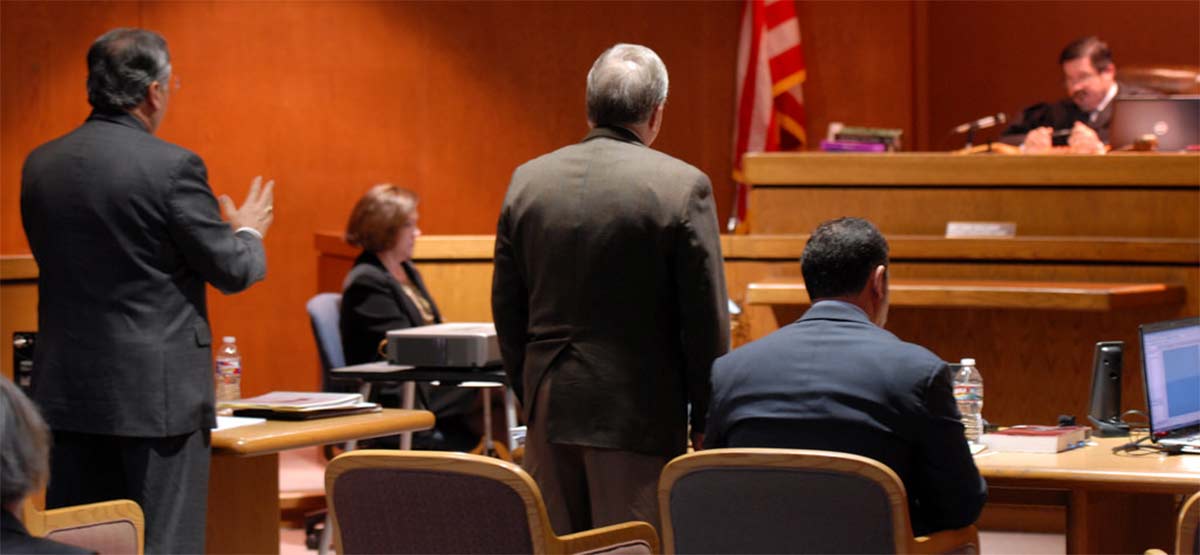What is the difference between a bench trial and a jury trial?
The decision to take a case to trial is complicated. Wisely choosing between a bench or jury trial and if it is in your best interest takes decades of experience.

What type of trial is in your best interest?
The United States court system has two different types of trials: bench trials and jury trials. It is essential to trial strategy to know the risks and benefits of each. Making the wrong choice could be the difference between being convicted and being found not guilty or even going to prison or not. It is that important. That is why it is best to have the assistance of a criminal defense attorney when making this decision.
Bench Trials
A bench trial takes place in front of a judge only; no jury is involved. The judge makes all the decisions regarding the facts, law, and procedure in a bench trial.
It is important to know about the judge deciding the case. What is that judge’s history? Have they made more decisions favorable to the prosecution than the defense? Is that judge sympathetic or harsh? It will take the experience of a criminal defense attorney that practices before that judge to advise you properly.
A bench trial can be beneficial when people want a speedy resolution to a legal matter. Bench trials are also good ideas if the issues in the case are so numerous that a jury could confuse the important with the unimportant. Judges can “cut to the chase” and filter out the unimportant. They can also be helpful in particularly complex cases that a jury might not understand.
The drawback to a bench trial is that there is only one decision-maker. There is a reason for the saying “two heads are better than one.” It is often wise to have multiple decision-makers so that the final decision is a consensus – bench trials do not offer that.

Jury Trials
In a jury trial, a jury is made up of members of the community. The concept of a jury trial is so essential that it is included in the U.S. Constitution. The Founding Fathers felt it was better for a person charged with a crime to have a group of their peers and not a government representative decide that person’s fate. So, giving up your right to a jury trial is a big deal and should only be done with great care and proper consultation. If you decide to have a Bench Trial, the court will ask you a series of questions to determine if you are giving up your right to a jury trial voluntarily.
The drawbacks to jury trials are that they are time-consuming and expensive, and jurors may not always follow the law. In tragic, publicity, and sensitive cases, juries can sometimes render verdicts based on emotions.

Consult a Michigan Criminal Defense Attorney
Choosing a bench or jury trial is just one of many decisions a person dealing with a criminal charge must make. It would be best if you speak to a criminal defense attorney specializing in litigation and trials that can discuss your situation with you and advise you of the steps you should take to resolve the matter in the best possible way. The attorneys at LEWIS & DICKSTEIN, P.L.L.C. have decades of courtroom and trial experience in Wayne, Oakland, and Macomb courts, federal courts, and various courts statewide.
Call us today at (248) 263-6800 for a free consultation or complete an online Request for Assistance Form. We will contact you promptly and find a way to help you.












